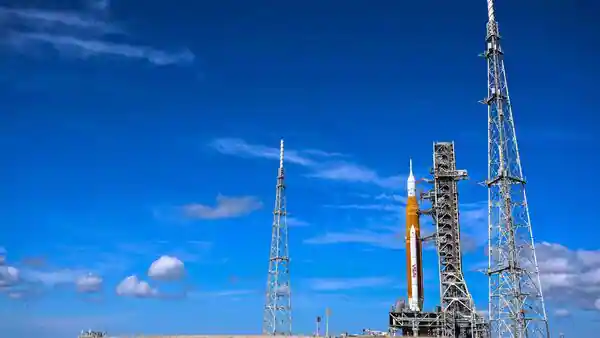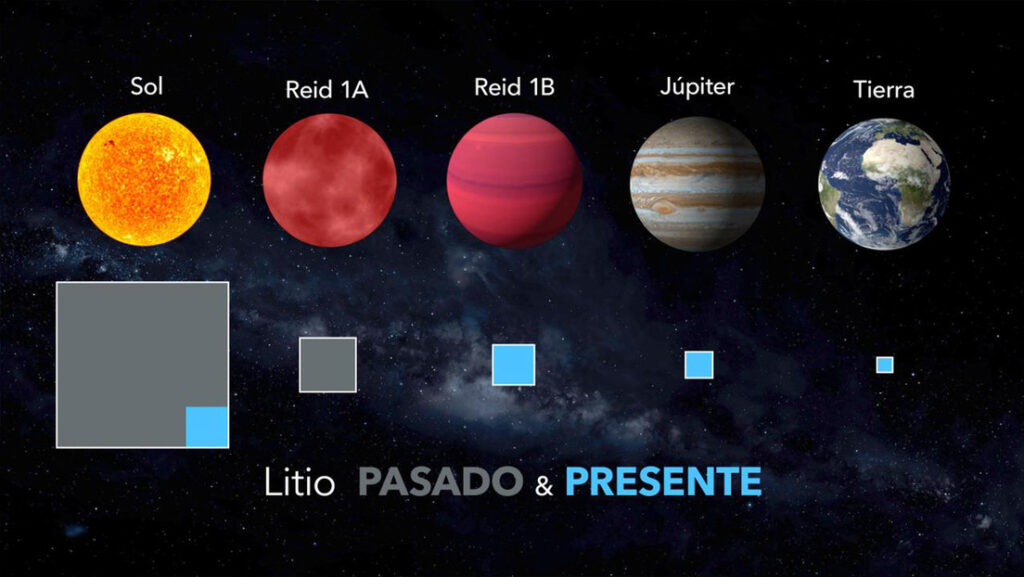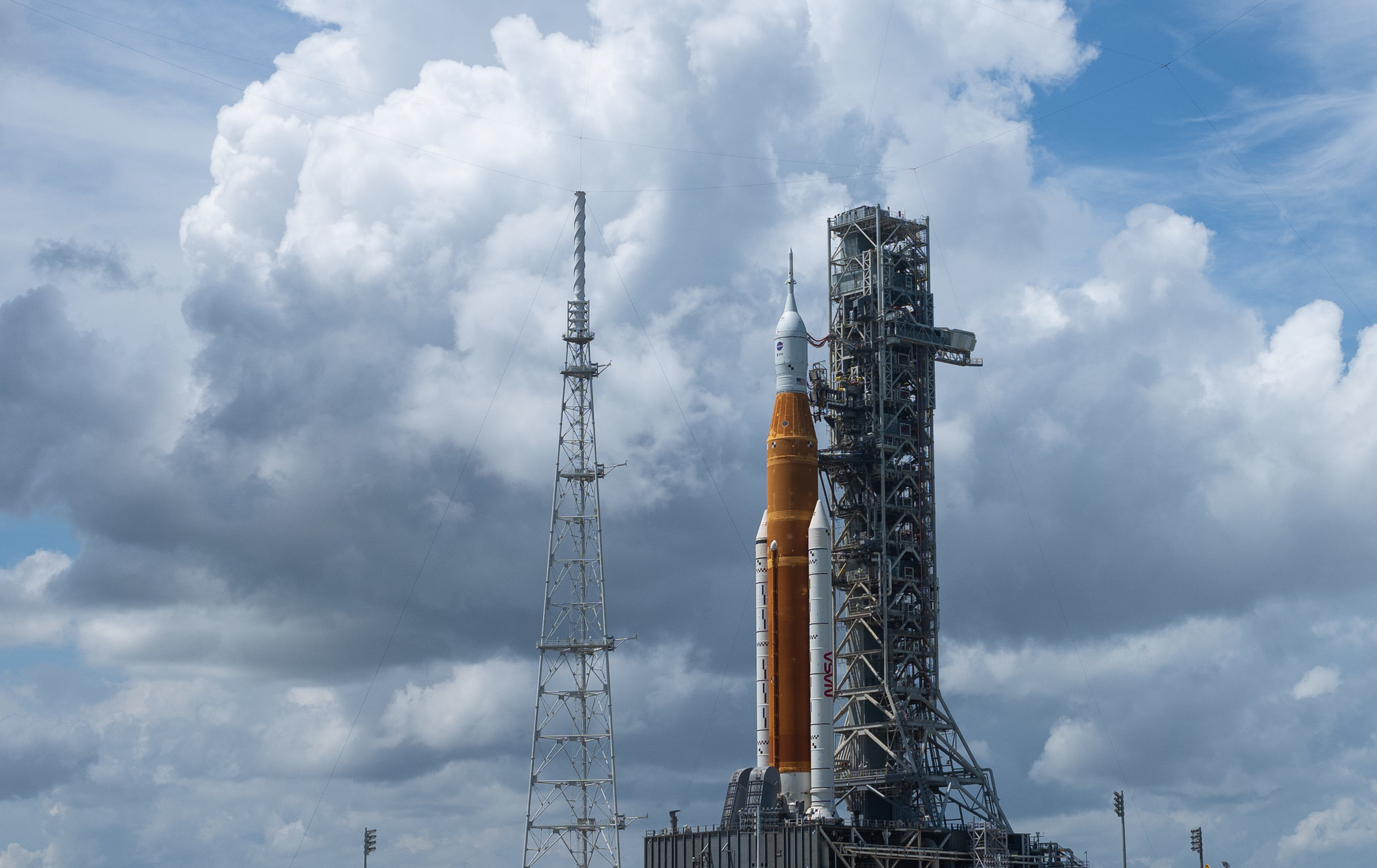
NASA on Monday scrubbed the test flight of its giant Moon rocket because of a temperature issue with one of the four RS-25 engines
NASA who had called off the launch of its giant Moon rocket Artemis I launch on 29 August is now proceeding with the second attempt which is to be launched tomorrow i.e. 3 September.
NASA on Monday scrubbed the test flight of its giant Moon rocket because of a temperature issue with one of the four RS-25 engines. The Space Launch System, or SLS, rocket launch, which was expected early Monday will be rescheduled, the US space agency said.
NASA is proceeding with its schedule to launch the Artemis I moon rocket on September 3 at 2:17 p.m. Florida time.
“We are again proceeding into our Saturday launch attempt — we’re comfortable with our risk posture,” Mission Manager Michael Sarafin said at a briefing Thursday in Florida. “That said there’s no guarantee that we’re going to get off on Saturday, but we’re going to try.”
The weather is expected to be favorable, with a 60 percent chance that conditions will permit the launch, officials said.
Earlier this week, NASA officials said that if the launch attempt this Saturday is called off for reasons unrelated to the rocket’s mechanics — such as weather or air traffic — they expected to be able to try again as soon as 48 hours later.
When NASA tried to chill down the engines in preparation for launch earlier this week, one didn’t appear to be reaching the correct temperature. NASA blamed the problem on a faulty sensor that might have been providing incorrect temperature data. The space agency planned to rework its engine chill process during the next launch attempt.
“The team did absolutely the right thing on the 29th and they knocked off the operation and they knocked off the test,” Sarafin said.
Here’s all you need to know:
The Artemis I mission will be the first major flight in NASA’s ambitious plan to return to the moon, including sending the first woman and the first person of color to the lunar surface as early as 2025. Artemis I is aimed at testing out the Space Launch System core rocket, made by Boeing Co., and a new deep-space crew capsule called Orion that was developed by Lockheed Martin Corp.
When Artemis I does launch, SLS will be sending an uncrewed Orion on a multiweek mission, along with a host of payloads and sensors to track the journey.
The capsule will insert itself into lunar orbit and enter deep space before returning to Earth and splashing down in the Pacific Ocean off San Diego. NASA plans to stress test the systems ahead of later crewed missions. The Space Launch System already is more than five years behind schedule. It has been in development for roughly a decade, slowed by a myriad of delays and cost overruns. Development costs of the program have soared from an original $7 billion to about $23 billion, according to an estimate by the Planetary Society.
If successful, the Artemis programme – named for the twin sister of the god Apollo in Greek mythology – will see the return of people to the lunar surface for the first time in 50 years. No one has visited the moon since Apollo 17 in December 1972
Recent Posts
- Astronomers detect first direct image of black hole expelling a powerful jet
- WhatsApp rolling out ‘reply with message’ feature within call notifications
- Multi-Device Pairing May Be Arriving for Apple Watch this Year
- Artificial Intelligence Discovers Hidden Giant, a Planet 5 Times Larger Than Jupiter
- Google CEO Sundar Pichai Talks Bard & The Future Of Search
Recent Comments

Astronomers detect first direct image of black hole expelling a powerful jet

Artificial Intelligence Discovers Hidden Giant, a Planet 5 Times Larger Than Jupiter

Scientists explain melting of Antarctic ice sheet dating back 9,000 years

An Unexpected Discovery: Hubble, ESA's Gaia Spot Double Quasar That Existed Over 10 Billion Years Ago

Astronomers detect first direct image of black hole expelling a powerful jet

WhatsApp rolling out ‘reply with message’ feature within call notifications

Multi-Device Pairing May Be Arriving for Apple Watch this Year


